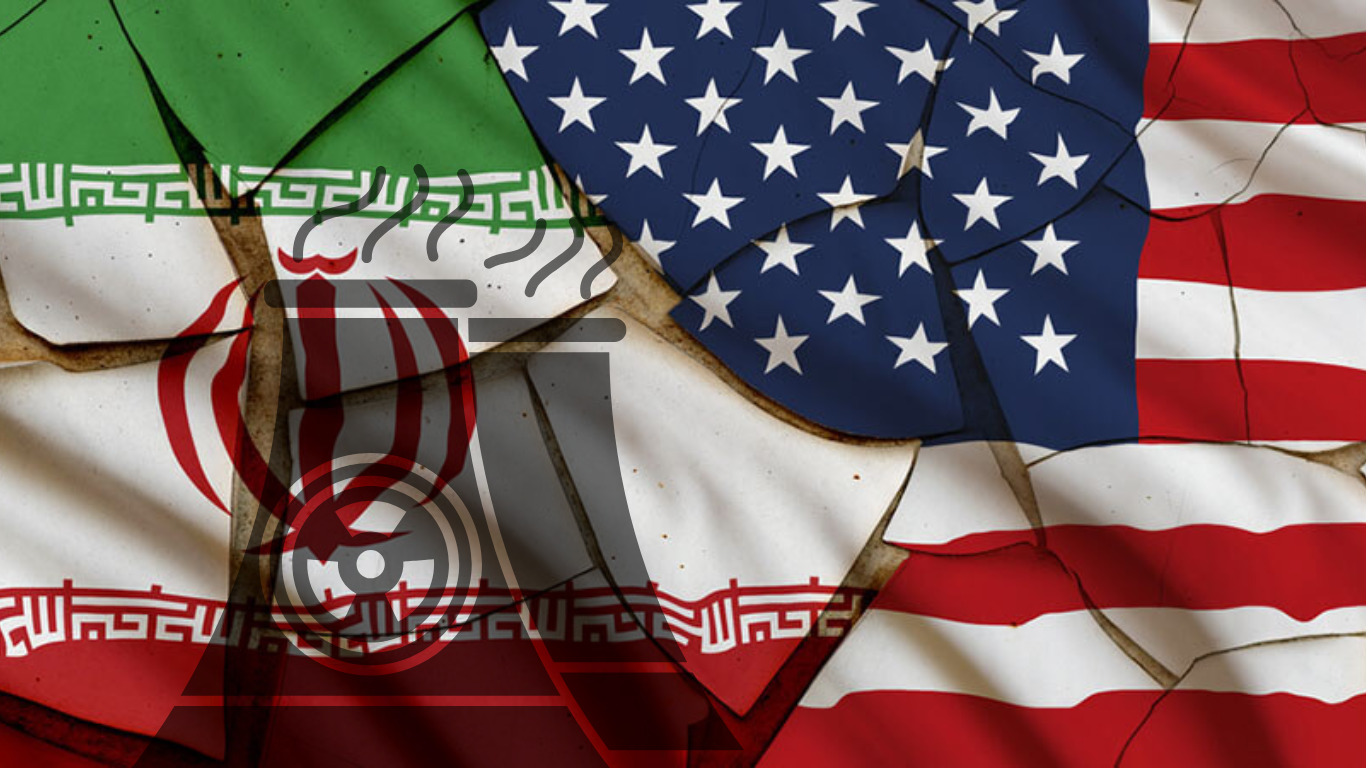US-Iran confrontation: Geopolitical crisis with far-reaching consequences

Amid growing US pressures, the situation in neighboring Iran is becoming increasingly tense. President Donald Trump, having revived plans from his first term, is now more determined than ever to pursue a firm and aggressive stance towards Tehran. Iran's nuclear program has become a central concern for the West, especially the United States, which finds itself locked in a dangerously escalating standoff with Tehran. This tension threatens to transform the region into a potential flashpoint for conflict.
In response to these mounting threats, Ali Larijani, an advisor to Iran's Supreme Leader Ayatollah Ali Khamenei, issued a stark warning to the US. Larijani suggested that if the US proceeds with bombing Iran, Tehran might be forced to turn to nuclear weapons. He framed this response not as the government's desire but as the will of the Iranian people. This rhetoric echoes similar statements made by the Kremlin during US pressure campaigns, particularly in the context of rising tensions with Russia in recent years.
The notion of nuclear capabilities, while seen as a last resort, is fraught with dangers and complexities. A nuclear strike would have devastating consequences, not just for the targeted country but for neighboring regions as well. While Iran maintains that its nuclear program is peaceful, the International Atomic Energy Agency (IAEA) presents a starkly different picture. According to the IAEA, Iran's uranium enrichment activities are more aligned with military objectives, and Tehran may activate its nuclear option if it perceives an existential threat. The main targets could include Israel, a US ally in the region, and American military bases spread across the Middle East.
The US has acknowledged that Iran's uranium production could enable the country to build nuclear weapons within weeks. Such a development would have severe ramifications, not just for Iran but for the entire Middle East.
The situation is further complicated by Iran's history of supporting proxy groups, which the US has repeatedly condemned, particularly in Lebanon with Hezbollah and in Yemen with the Houthi rebels. Now, however, the rhetoric suggests a direct military confrontation between the US and Iran, with both sides preparing for the possibility of a full-blown war.
Despite trying to project calm, Iran has made it clear that it has alternatives for responding to any potential US strike — and unfortunately, these alternatives include nuclear options.
Impact of US-Iran nuclear tensions on regional states
The confrontation between the US and Iran cannot be viewed solely as a bilateral issue. Iran's strategic importance stretches beyond its borders, affecting not just the Middle East but also global powers like China, Russia, and even France. The geopolitical implications of this standoff could involve multiple countries, either directly or indirectly, in the unfolding crisis.
Iran's ongoing economic troubles, exacerbated by US sanctions, have already strained its ability to engage in productive diplomatic or economic exchanges with other nations. However, Iran’s geographic and geopolitical positioning ensures that its neighbors, as well as its allies, cannot remain immune to the consequences of escalating tensions.
While Iran may not possess the military capacity to wage a full-scale war with the US at present, it certainly has the potential to disrupt regional stability. An outbreak of hostilities could lead to internal unrest within Iran, as the country already faces significant economic challenges. The mass migration of people fleeing Syria in 2012 serves as a sobering reminder of how conflicts in the region can quickly destabilize neighboring countries and ripple outwards to Europe.
With inflation in Iran now above 35%, the economic strain on the country is palpable. Questions are being raised about how Iran could sustain military expenditures while dealing with its worsening internal conditions. The real issue, however, is not simply who would emerge victorious in a potential war, but the catastrophic consequences that would inevitably result from the deepening US-Iran confrontation.
As the world watches closely, the outcome of this crisis will likely redefine not just the US-Iran relationship, but the future of the Middle East and global geopolitical dynamics as a whole.
How US-Israel joint military forces target Iran's nuclear facilities
A military strike on Iran would present significant challenges. Neither Israeli nor US pilots are reckless. Even launching a surprise attack would be costly, hovering over the nuclear facilities, which the US thinks is its major target.
Therefore, any major military operation aimed at dismantling Iran’s nuclear program would need to begin with targeting enemy airfields, command centers, and anti-aircraft defenses, requiring over a thousand sorties.
Furthermore, striking Iran's nuclear facilities would be nearly impossible, as the targets are buried deep underground. Any attempt to do so could result in severe consequences. However, the high-precision capabilities of Israeli pilots in targeting such facilities provide a sense of confidence in the U.S. While Israel needs weapons, the Trump administration appears willing to support them. One key indicator of the US's commitment will be the withdrawal of US aircraft carriers from the Persian Gulf. This may seem counterproductive, but carriers so close to Iran are vulnerable to drones, mines, speedboats, and anti-ship missiles. If, nevertheless, positioned 400 miles away in the northern Indian Ocean, US aircraft could strike Iran without the immediate risk of retaliation.
Here we are to serve you with news right now. It does not cost much, but worth your attention.
Choose to support open, independent, quality journalism and subscribe on a monthly basis.
By subscribing to our online newspaper, you can have full digital access to all news, analysis, and much more.
You can also follow AzerNEWS on Twitter @AzerNewsAz or Facebook @AzerNewsNewspaper
Thank you!

